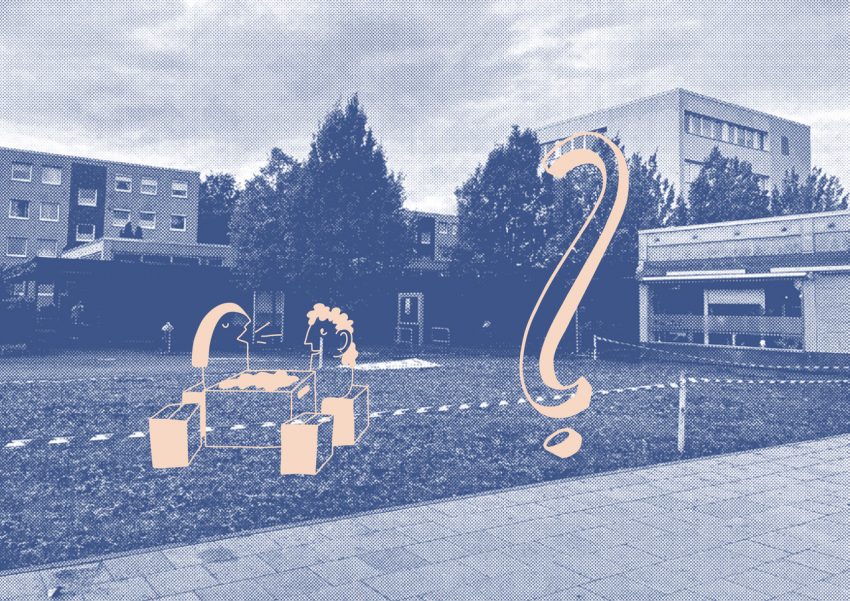Pilot funding of impact projects for young researchers
How can research have an impact on the concrete reality of people’s lives? This is the focus of the first Call for Impact: researchers in the early stages of their careers are given the opportunity to explore what engagement with non-university communities can look like.
The funding for individual impact projects of the Knowledge Transfer Department of the Transfer and Cooperation Centre at Technische Universität Braunschweig is aimed at scientists in the early stages of their careers. The aim is to enable them to interact with social groups in a multidirectional and co-creative way in order to enrich their own research with new ideas and perspectives.
Out of seven applications, three projects have been included in the funding programme for the calendar year 2024, with a further project being co-funded by the Braunschweigischer Hochschulbund.
Sustainable urban development with a focus on public welfare
Ayat Tarik, a research assistant at the Institute for History and Theory of Architecture and the City (GTAS), is planning a KO:Lab with two Masters students, Jennifer Baus and Burcu Daglayan, to develop and test participatory methods for implementing low-threshold participation formats in the Schwarzer Berg district of Braunschweig. With their project, they are committed to sustainable urban development that is oriented towards the common good and promotes opportunities for participation and co-determination in urban design processes. The aim is to strengthen identification with the place and the neighbourhood for everyone who lives or spends time there.
MeetingHacks for everyday working life
Post-doctoral researcher Marie Ritter and doctoral student Darien Tartler from the Department of Work, Organisational and Social Psychology at the Institute of Psychology want to develop MeetingHacks, a short video format that prepares tips from meeting research for practical use. The videos will be presented to people from companies and start-ups as well as students, their needs will be discussed in a workshop and new impulses will be fed back into the research. In this way, the knowledge gained from the MeetingHacks can be directly applied in everyday working life. This project is co-funded by the Braunschweig University Association.
“Speed dating” and “fuck-up events” on sustainable construction
Promoting sustainable construction through collaborative exchange is the aim of the IMPACT project by Sandra Rothenbusch, a post-doctoral researcher at the Department of Work, Organisational and Social Psychology at the Institute of Psychology. The idea of the project is to bring together stakeholders in the construction industry through ‘speed dating’ and ‘fuck-up events’ on the topics of ‘sustainable construction’ and ‘sustainable collaboration’, thus enabling discussions and exchanges of experiences and approaches to solutions on these topics. The results of the discussions will be visualised through note sketching and shared via social media.
Integrating local manufacturers into urban manufacturing
In her research, PhD student Grace Abou Jaoude Institute for Sustainable Urbanism (ISU) plans to develop a web-based tool that analyses and visualises different scenarios for the reintegration of urban manufacturing in order to investigate their impact on resource efficiency. The tool will provide evidence-based information on the potential benefits for local manufacturers and their production networks to become more integrated into urban production. It will analyse regulatory barriers that hinder the integration of manufacturers in urban areas and their transition to resource-efficient production.

